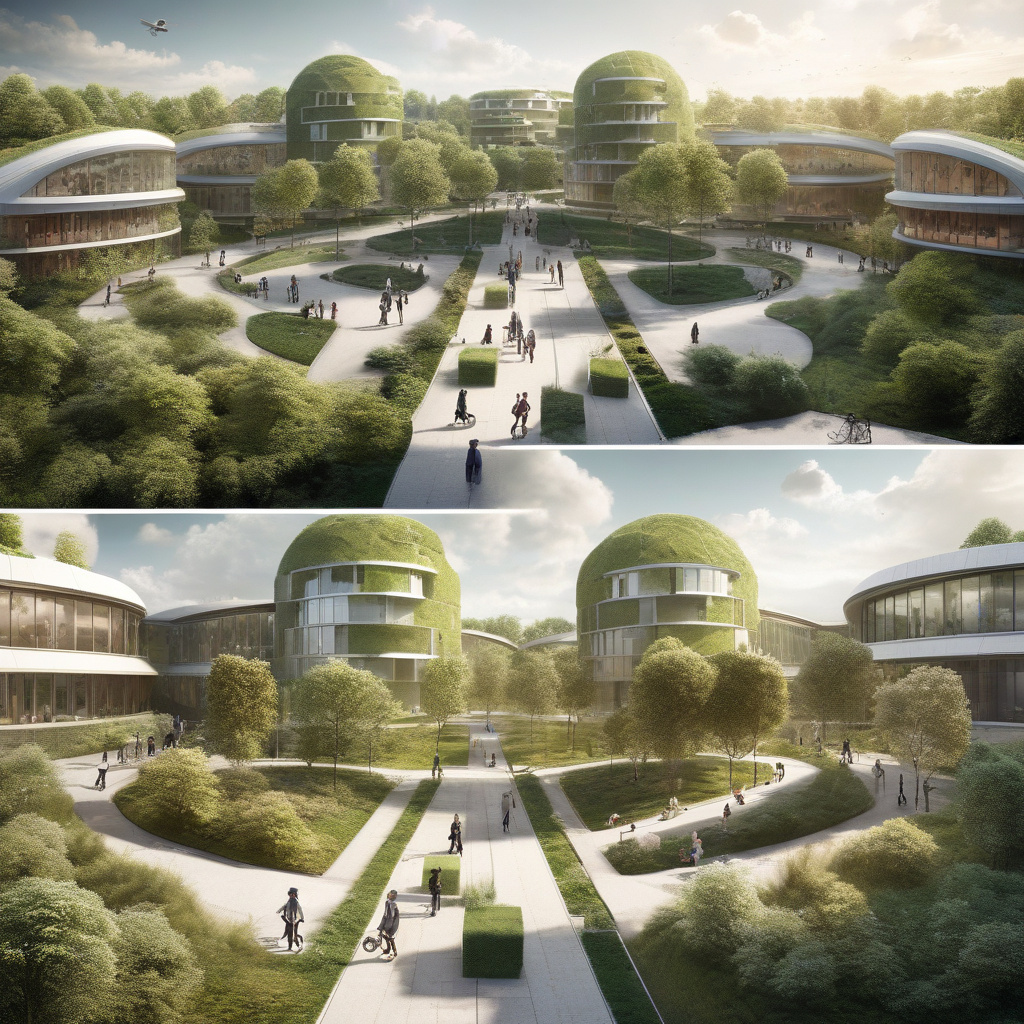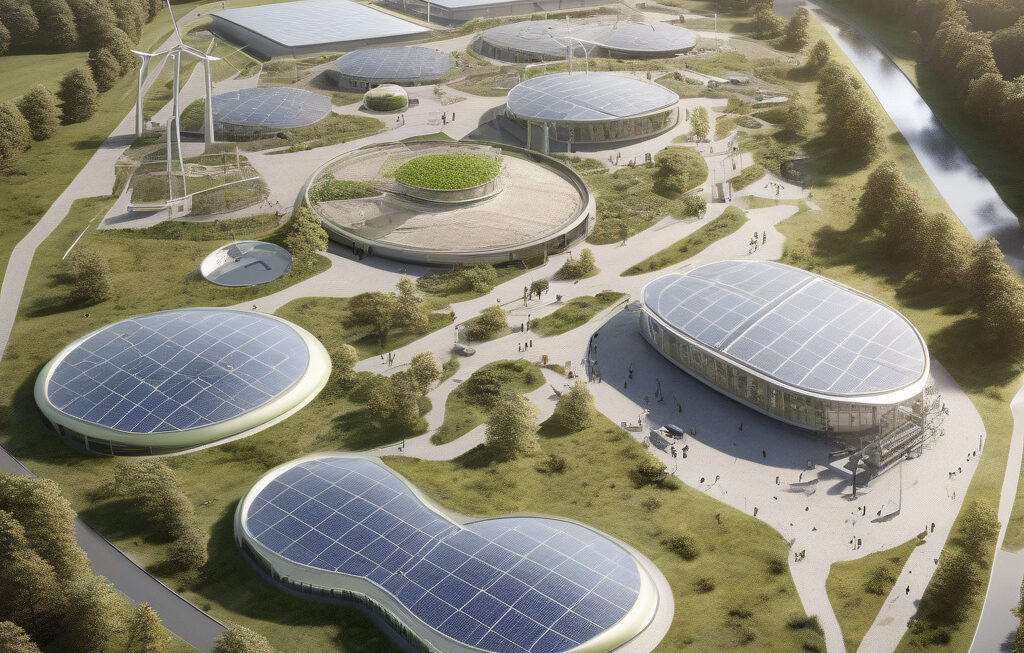Revolutionising Research Towards a Sustainable Future with Circular Economy: A Tale of Two Institutes
In the quest for a sustainable future, the concept of a circular economy has gained significant traction in recent years. This approach aims to minimize waste and promote the efficient use of resources by keeping products and materials in use for as long as possible through recycling, reusing, and remanufacturing. Two institutes, in particular, have been at the forefront of revolutionizing research towards a sustainable future with a circular economy.
The University of British Columbia’s Okanagan campus (UBC Okanagan) has been a hub of multi-disciplinary synergy, driving impactful research initiatives focused on building a greener, more sustainable future through the principles of the circular economy. By fostering collaboration across various disciplines, including engineering, environmental science, and business, UBC Okanagan has set itself apart as a pioneer in advancing sustainable practices.
One of the key aspects of UBC Okanagan’s approach is its emphasis on innovation and creativity in finding solutions to complex environmental challenges. Researchers at the institute have been instrumental in developing cutting-edge technologies and sustainable practices that promote resource efficiency and waste reduction. From designing eco-friendly packaging materials to optimizing recycling processes, the work being done at UBC Okanagan is paving the way for a more sustainable future.
Moreover, UBC Okanagan’s commitment to community engagement and knowledge exchange has been crucial in driving real-world impact. By partnering with industry stakeholders, government agencies, and non-profit organizations, the institute has been able to translate research findings into practical solutions that benefit society at large. This collaborative approach not only accelerates the adoption of sustainable practices but also fosters a culture of innovation and positive change.
In addition to UBC Okanagan, another institute that has been making significant strides in advancing research towards a sustainable future with a circular economy is the Centre for Sustainable Energy Technologies (CSET). Based on the principles of energy efficiency, renewable energy, and sustainable development, CSET is dedicated to promoting a circular economy model that prioritizes environmental stewardship and social responsibility.
Through a combination of research, education, and outreach programs, CSET is actively working towards creating a more sustainable and resilient society. By focusing on areas such as clean energy technologies, green building design, and sustainable transportation systems, the institute is helping to drive the transition towards a circular economy that minimizes environmental impact and maximizes resource efficiency.
Furthermore, CSET’s collaborative approach to research and innovation has been instrumental in fostering partnerships with industry leaders and policymakers. By working closely with key stakeholders, the institute is able to influence policy decisions, drive technological advancements, and shape public discourse on sustainable development. This holistic approach ensures that research outcomes are not only scientifically robust but also socially relevant and economically viable.
In conclusion, the efforts of institutes like UBC Okanagan and CSET are emblematic of a growing movement towards a more sustainable future built on the principles of the circular economy. By embracing innovation, collaboration, and community engagement, these institutes are leading the way in revolutionizing research towards a greener, more sustainable world. As we look towards the future, it is clear that the work being done by these institutes will play a crucial role in shaping a more environmentally conscious and economically prosperous society.
#CircularEconomy, #SustainableFuture, #ResearchRevolution, #UBCOkanagan, #CSET












